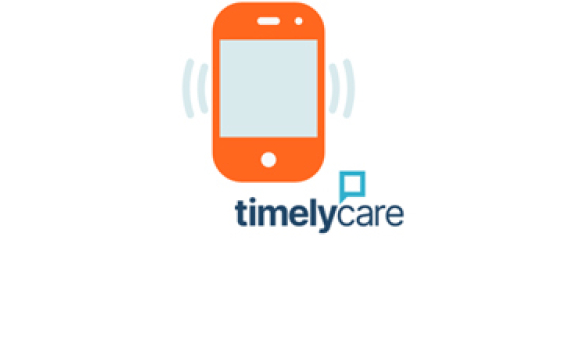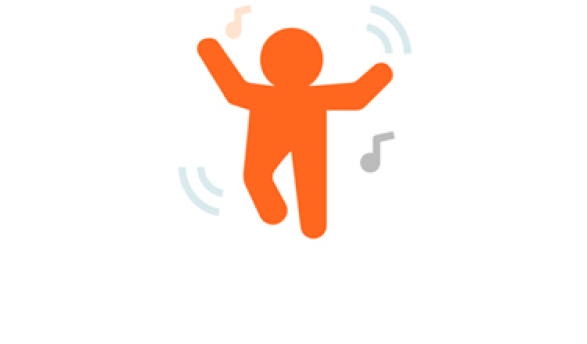Emmons Wellness Center is an integrated medical and counseling center. We understand that your health and wellbeing is critical to your personal and academic success, here at Oxy and beyond, and provide resources and services to support your holistic wellbeing.
Fall 2025 Semester Hours
Mondays–Fridays, 9:00 am–12:00 pm and 1:00–5:00 pm (last patient seen at 4pm)
*Closed Wednesdays from 11:00 am to 1:00 pm for our staff meeting
Check In With Yourself
Check out our free, confidential self-assessments and topics like personal well-being and alcohol, cannabis, and nicotine use.







